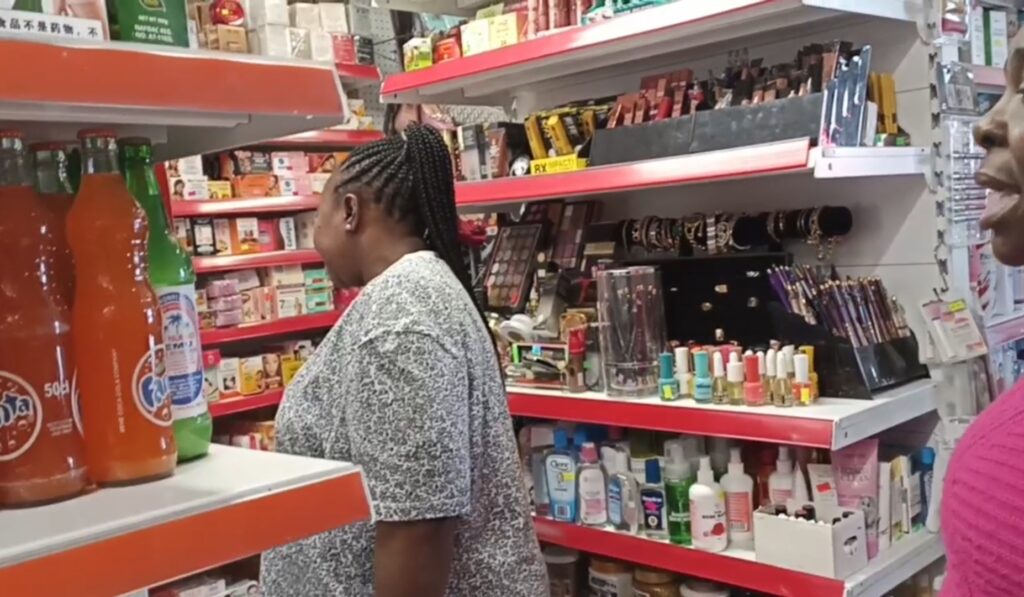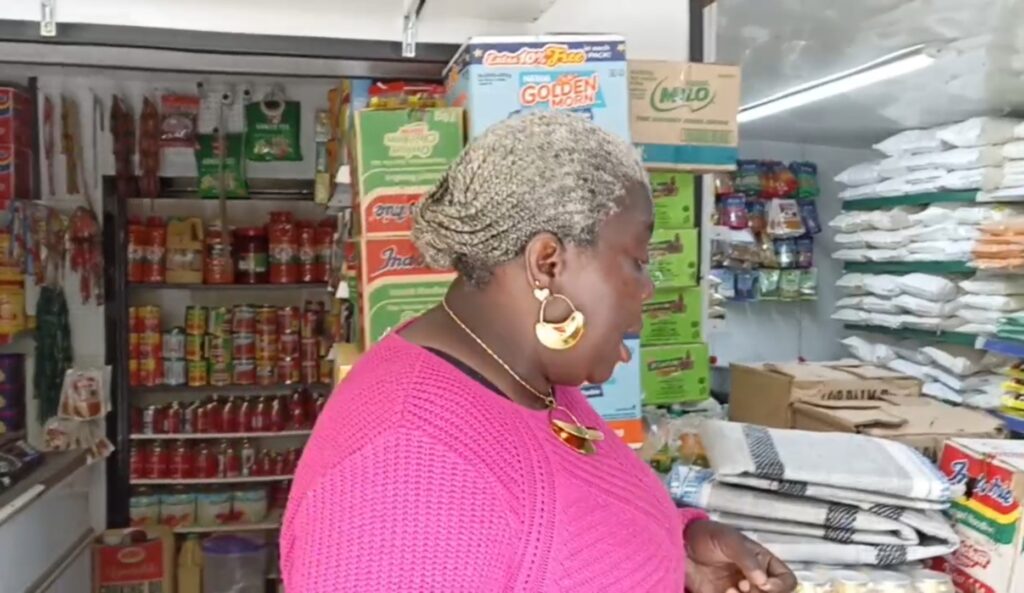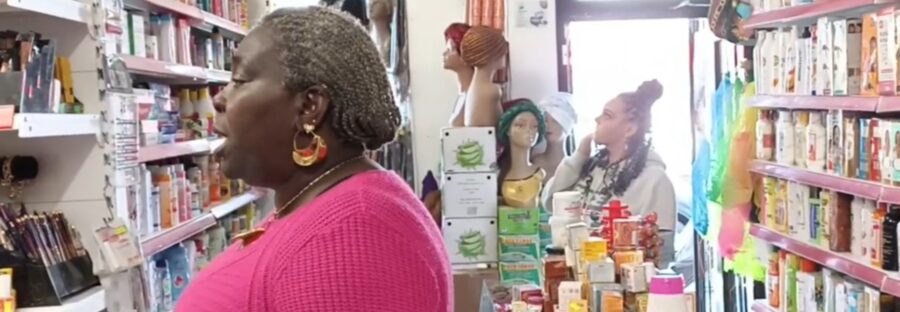Moston African shop owners call for construction of mall and support for businesses
- Moston African stores enjoy large Afro-Asian patronage
- Competition reduces arbitrary prices
Owners of densely-packed African stores in residential apartments on Moston Lane have appealed to Manchester City Council to construct a big plaza to address the issue of limited spaces.
The traders believe that space constraint is a challenge to the growth of their businesses. They say doing business in Moston is profitable because of high patronage, especially from the Afro-Asian community.
However, they say their potential is constrained by space. According to them, local acceptance has led few African shops into a long stretch of shops on Moston Lane within two decades. A trader said the growth has also led to a high competition among shops owners, forcing prices of items down in favour of consumers.
The owner of Fibi Store, Mrs Fibi said businesses were thriving for African shops operating in the area, but their major setback was space. She appealed to the Manchester City Council to construct a big mall to boost their business.

Fibi said: “We will be very grateful if the Manchester City Council can construct a big plaza for the African shops in Moston. We will appreciate it, especially the Moston African community will appreciate that.” She thought if the proposed plaza could be located around M40, it would help the thriving African shops’ expansion.
Helen Ejiroh, the owner of Colours of Africa, an African choice fabric store in Moston, also called for assistance. She said the the City Council could assist by constructing a mall between Moston and New Moston, by limiting vehicular speed on Moston Lane, by stopping petty thieves operating in the area, and by providing grants for businesses to stay buoyant.
Mary Oloye, the owner of Temabik Tropical, said she saw businesses expanded on Moston Lane in 18 years. Mary said her shop had not reached its peak, but it has made a remarkable growth from where it started. “The minority market is waxing stronger in the area. You will feel the ambient of a Nigerian market,” she added.

She noted that prices of goods in African shops were favourable to the consumers intense competition made it difficult for shops owners to fix their own prices. She said: “You cannot determine the price of what you want to sell, because within the radius of a mile, consumers have about 17 shops they can compare prices of the same item. Many traders often discount their prices to attract price sensitive consumers.”
Smart Touch Barbers operator, Bamidele Olu, said the African stores at Moston Lane were an attempt by Africans to encourage themselves in establishing a stable economy. Bamidele said: “I am glad that Africans and other races are helping us with patronage to achieve this dream. The turnover is encouraging because people are always coming to patronize us. I am happy, people are coming.” Although he expressed confidence in barbering all types of human hair, 80 percent of their customers are from minority groups.
He said: “People of black origin generally trust we understand their hair and believe we can deliver the types of haircut they want. They are happy whenever we deliver our service to them.” Bamidele had upgraded his skills when he arrived in the UK. He said barbering was lucrative in the UK because of favourable exchange rates and better equipment.”
The council said it was not considering the development of a shopping mall at the present time.
James Collier, of Moston Lane development framework, said: “Future development around the proposed new square could include larger retail units, and it may be that local businesses can expand into these larger units – it will however be a number of years until the square is developed.”
He said the plan could require only a limited number of shops to relocate and that the council would want landlords and traders to invest in their shops and shopfronts, as some are already doing.


